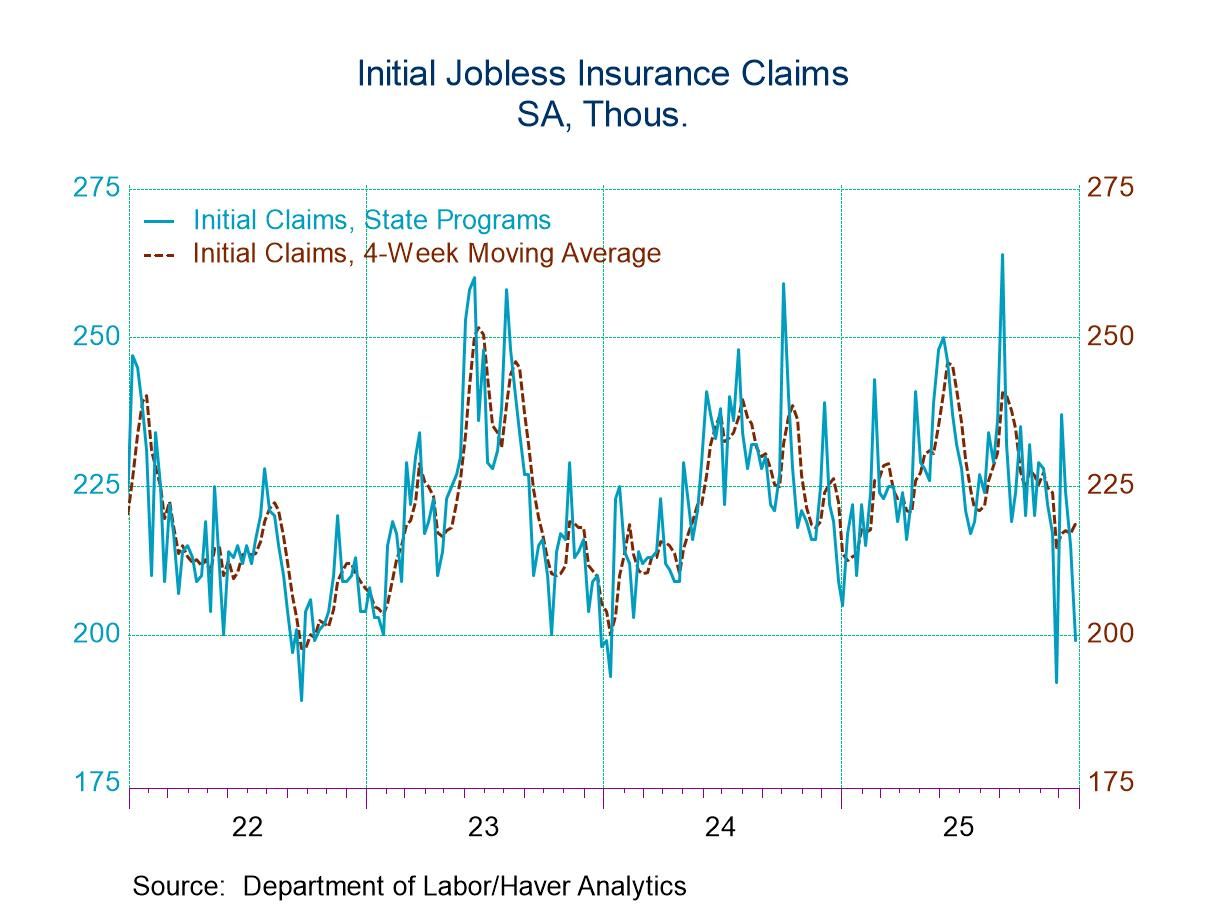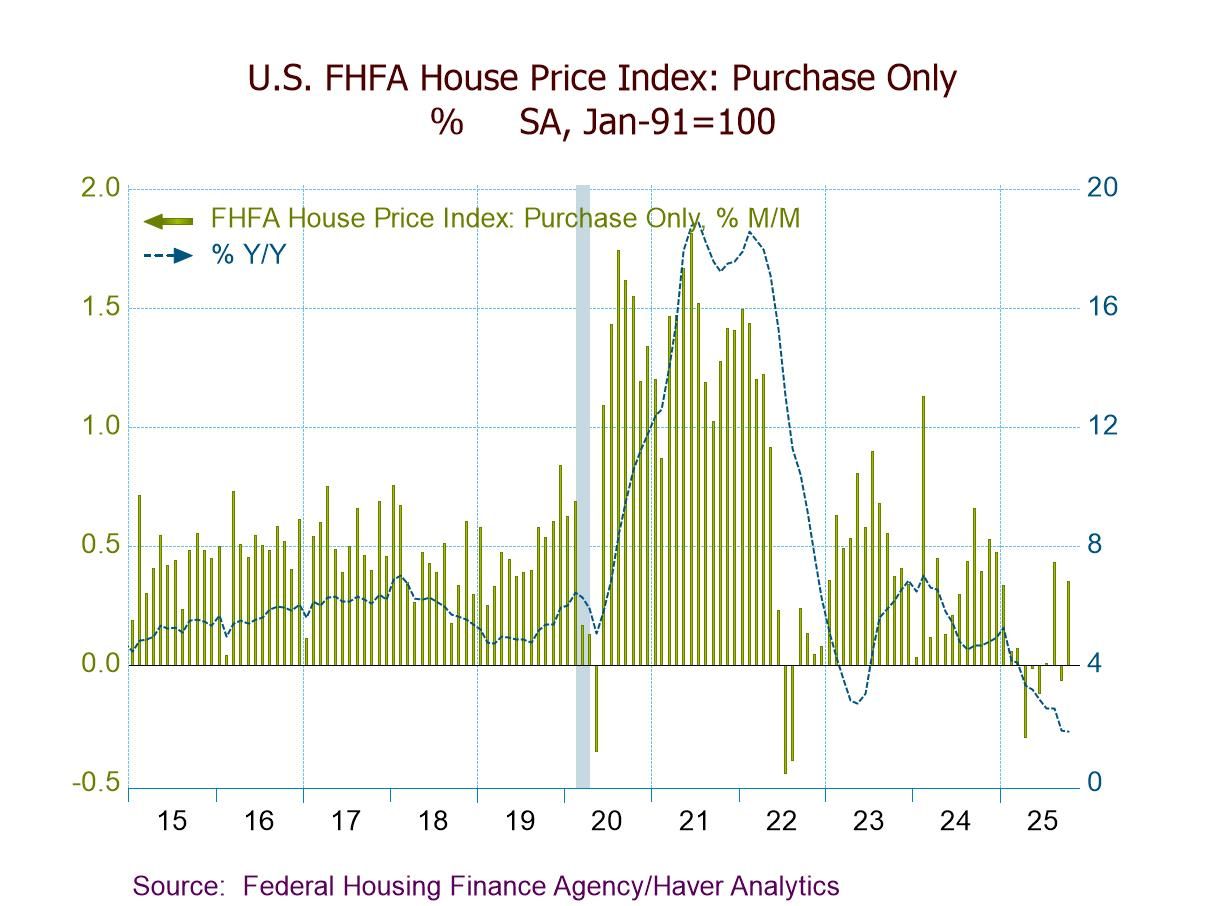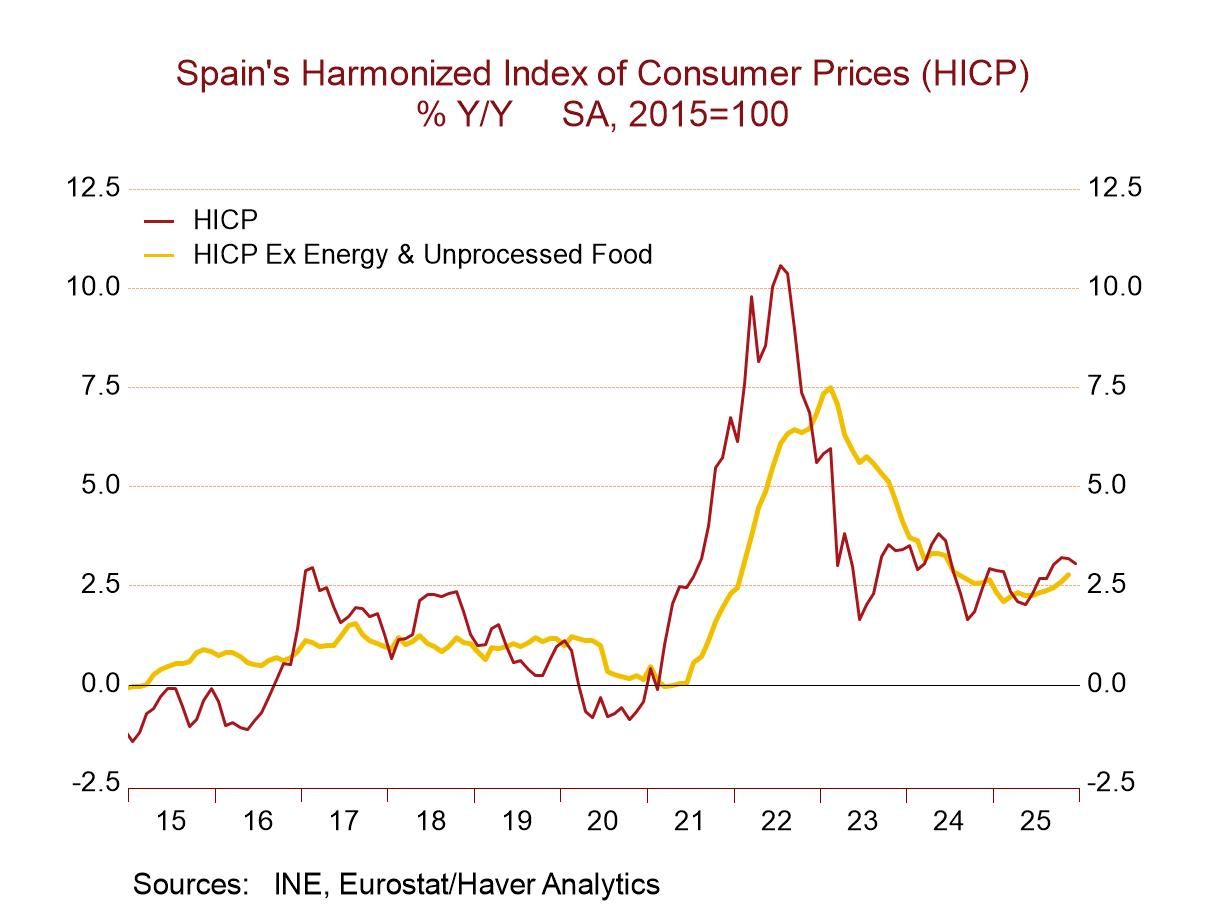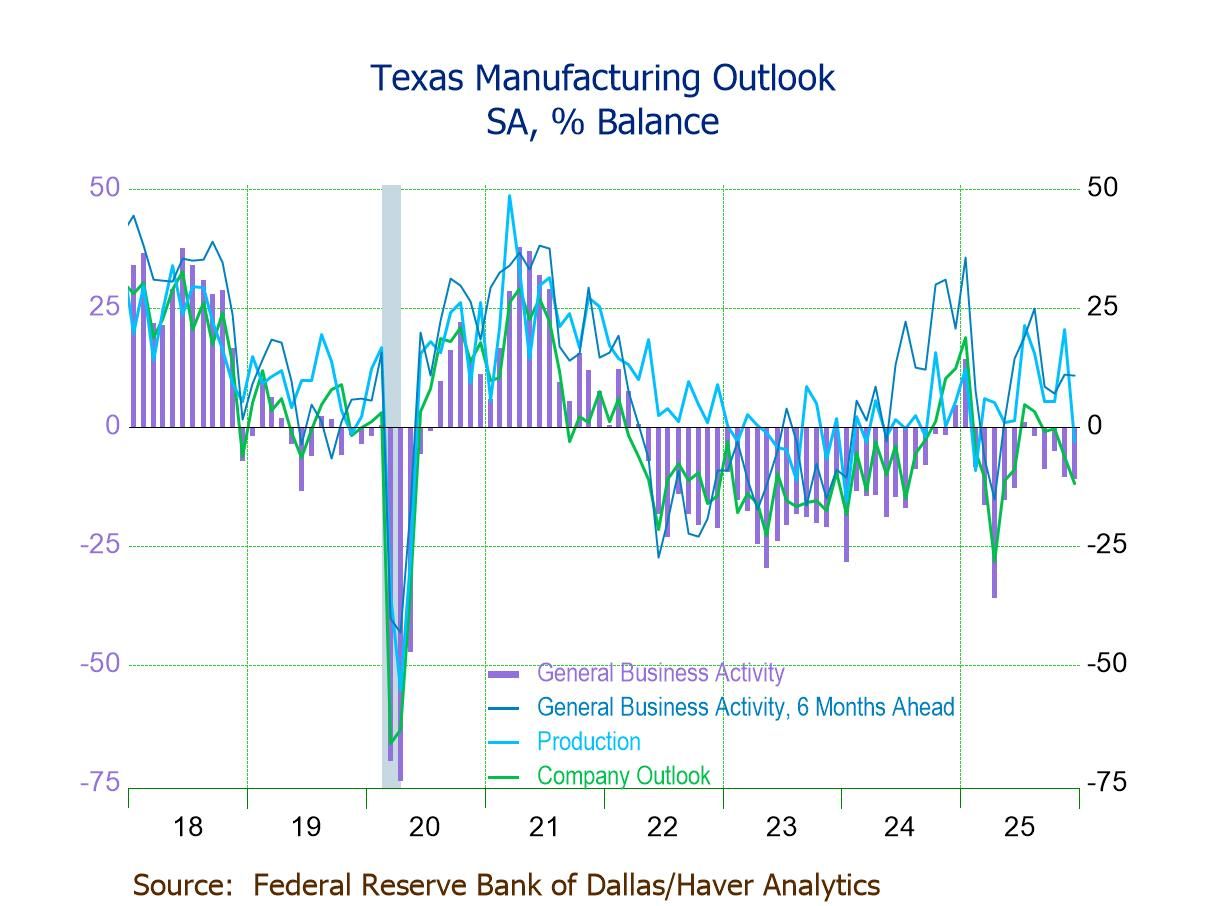 Global| Jan 29 2013
Global| Jan 29 2013German Confidence Edges Up
Summary
German consumer confidence edged higher in February according to the forward-looking GFK index. While the expectations sub index edged up only slightly several of its components rose significantly. Overall Germany's index rose to 5.8 [...]
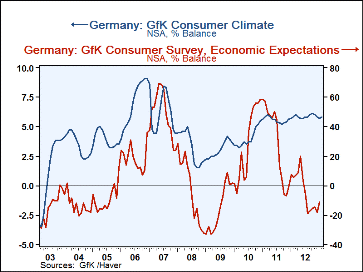 German consumer confidence edged higher in February according to the forward-looking GFK index. While the expectations sub index edged up only slightly several of its components rose significantly.
German consumer confidence edged higher in February according to the forward-looking GFK index. While the expectations sub index edged up only slightly several of its components rose significantly.
Overall Germany's index rose to 5.8 in February from 5.7 in January. Economic expectations rose relatively sharply from -17.9 in December to -11.3 in January; the expectations, components trail the GFK overall index by one month. The income reading also rose relatively sharply to 36.0 in January from 21.2 in December. The buying index rose to 35.3 in January from 20.1 in December. Expectations and the 'Propensity to Buy' are showing substantial improvement.
Germany is a markedly different case from other EU member countries. In the table we show the queue percentage standing (Count) for the German index and for several other key European Union members. The ranking of the climate index in Germany is in the 76.6 percentile which makes it about 25% from its all-time best reading; that stands in marked contrast to Italy's consumer reading that is the weakest we've seen since January 2002, and stands the lowest bottom percentile of its range. In France the reading is in the 35th percentile, it is higher 65% of the time. In the UK the current reading is in the 30th percentile; it has been higher 70% of the time. Germany is in a different world compared to other large countries of the EU.
Not only is Germany's current position stronger but it is again beginning to move higher. The climate reading we see this month fits in with evidence that Germany's manufacturing weakness is dissipating; we also seen evidence that the services sector is starting to gather some strength even though it is still at a relatively weak position.
Confidence may not be the sole determinant of spending but it is important because consumers' moods determine what spending patterns will be and, at the same time, they are a reflection of what the economic climate really is. Today's economic reports from the Zone and EU we find ongoing weakness in retail sales in Ireland and Spain. Poland slowed its growth sharply in 2012. We know that the European Union continues to have a lot of unfinished business. It's too soon to look for clear sailing even though the Greek Labor Minister, Michel Sapin, today declared that the probability of a Greek exit is now 'very small.' Is it really? And if it is, how long will it remain so? Not long unless there is more work accomplished... Europe may have stepped back from the edge, but it is still on slippery slope and it could find itself again perched on that precipice if it does not continue to more forward and to make progress. Maintaining the status quo is not a viable option and there is no back-tracking allowed.
| Germany Consumer Climate Survey GFK | Other EU Members | ||||||
|---|---|---|---|---|---|---|---|
| Climate | Expectations | Propensity to | Consumer/Household Confidence | ||||
| Economic | Income | Buy | Italy:ISAE | France:INSEE | UK:GFK | ||
| Feb-13 | 5.8 | -- | -- | -- | -- | -- | -- |
| Jan-13 | 5.7 | -11.3 | 36.0 | 35.3 | 84.6 | 86.0 | #N/A |
| Dec-12 | 5.8 | -17.9 | 21.2 | 20.1 | 85.7 | 86.0 | -29.0 |
| Nov-12 | 6.0 | -14.6 | 17.8 | 29.4 | 84.8 | 84.0 | -22.0 |
| Oct-12 | 6.1 | -15.8 | 29.9 | 33.9 | 86.2 | 84.0 | -30.0 |
| LEVELS | Current | Lagged One Month | 2Mo Lag | 2Mo Lag | |||
| Average | 4.9 | 12.4 | 11.6 | 16.9 | 99.5 | 89.5 | -18.8 |
| Max | 9.1 | 69.5 | 45.2 | 64.4 | 108.4 | 106.0 | 0.0 |
| Min | 1.5 | -32.9 | -20.5 | -27.9 | 84.6 | 79.0 | -39.0 |
| % Range | 56.6% | 21.1% | 86.0% | 68.5% | 0.0% | 25.9% | 25.6% |
| Count % | 76.6% | 23.4% | 88.3% | 80.9% | 0.0% | 35.1% | 30.1% |
| % range is current as a percentile of Hi/Low range | |||||||
| Count % is current reading ranked as a percentile among all readings | |||||||
| GFK survey dates from January 2002 | |||||||
Robert Brusca
AuthorMore in Author Profile »Robert A. Brusca is Chief Economist of Fact and Opinion Economics, a consulting firm he founded in Manhattan. He has been an economist on Wall Street for over 25 years. He has visited central banking and large institutional clients in over 30 countries in his career as an economist. Mr. Brusca was a Divisional Research Chief at the Federal Reserve Bank of NY (Chief of the International Financial markets Division), a Fed Watcher at Irving Trust and Chief Economist at Nikko Securities International. He is widely quoted and appears in various media. Mr. Brusca holds an MA and Ph.D. in economics from Michigan State University and a BA in Economics from the University of Michigan. His research pursues his strong interests in non aligned policy economics as well as international economics. FAO Economics’ research targets investors to assist them in making better investment decisions in stocks, bonds and in a variety of international assets. The company does not manage money and has no conflicts in giving economic advice.



